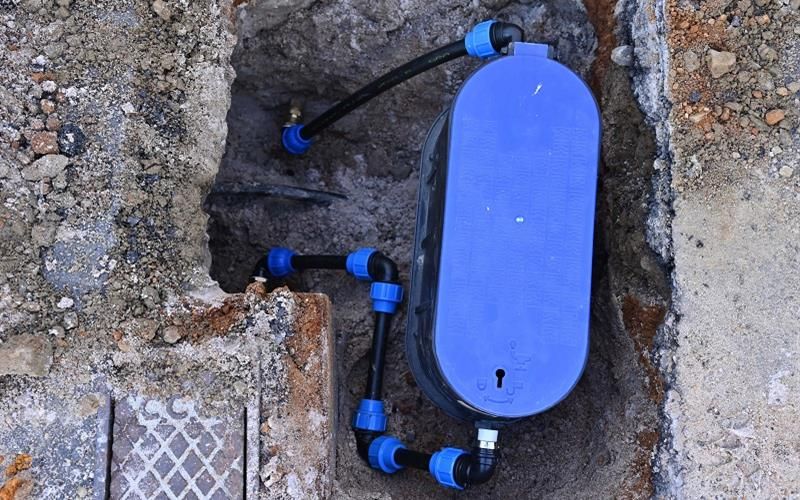Water meter theft is a significant challenge in Cape Town, South Africa. The issue affects various neighborhoods, with multiple areas experiencing a high incidence of theft.
The Extent of the Problem
Between July 2022 and May 2023, the city’s Water and Sanitation Directorate reported 2255 stolen water meters, resulting in a cost of R3.9 million. While the number of stolen water meters has decreased slightly as compared to the previous year, the problem remains persistent.
Proactive Measures
To address the challenge of water meter theft, the City has implemented various proactive measures. One of these measures includes replacing brass water meters, which have a high scrap value, with plastic ones. The Water and Sanitation Directorate has initiated a proactive meter replacement plan to address the ageing of meters across the city and maintain their functionality.
The Significance of Meter Replacement
With over 683,306 water meters in Cape Town, the replacement of metal water meters, including brass ones, is essential for efficient infrastructure management.
Community Participation
The City cannot combat water meter theft on its own. It encourages residents to report instances of vandalism or theft of water and sanitation infrastructure to help clamp down on this reckless and inconsiderate behaviour. The theft of water meters causes significant inconvenience for households, leaving them without a water supply until their meters are replaced. Funds spent on replacing stolen meters could have been allocated to other essential services.
Reward System
In a bid to curb water meter theft and other infrastructure-related thefts, the City has introduced a reward system. It offers up to R5,000 to those who provide information that leads to the arrest of suspects or the recovery of stolen property.
Reporting Stolen Water Meters
Residents who experience the theft of their water meters should report the incident immediately through various channels, such as WhatsApp, online service requests, email, SMS, phone, or by visiting a City walk-in center. The City aims to inspect the affected property within 24 hours of receiving the report. If the water meter is confirmed as stolen and in need of replacement, the City endeavors to replace it within a further 24 hours in most cases.
The Way Forward
The battle against water meter theft in Cape Town is not a solitary fight. It requires a joint effort from the City and its residents. Through proactive measures, vigilance, and cooperation, the city can work towards reducing the financial and social impact of this widespread issue.








